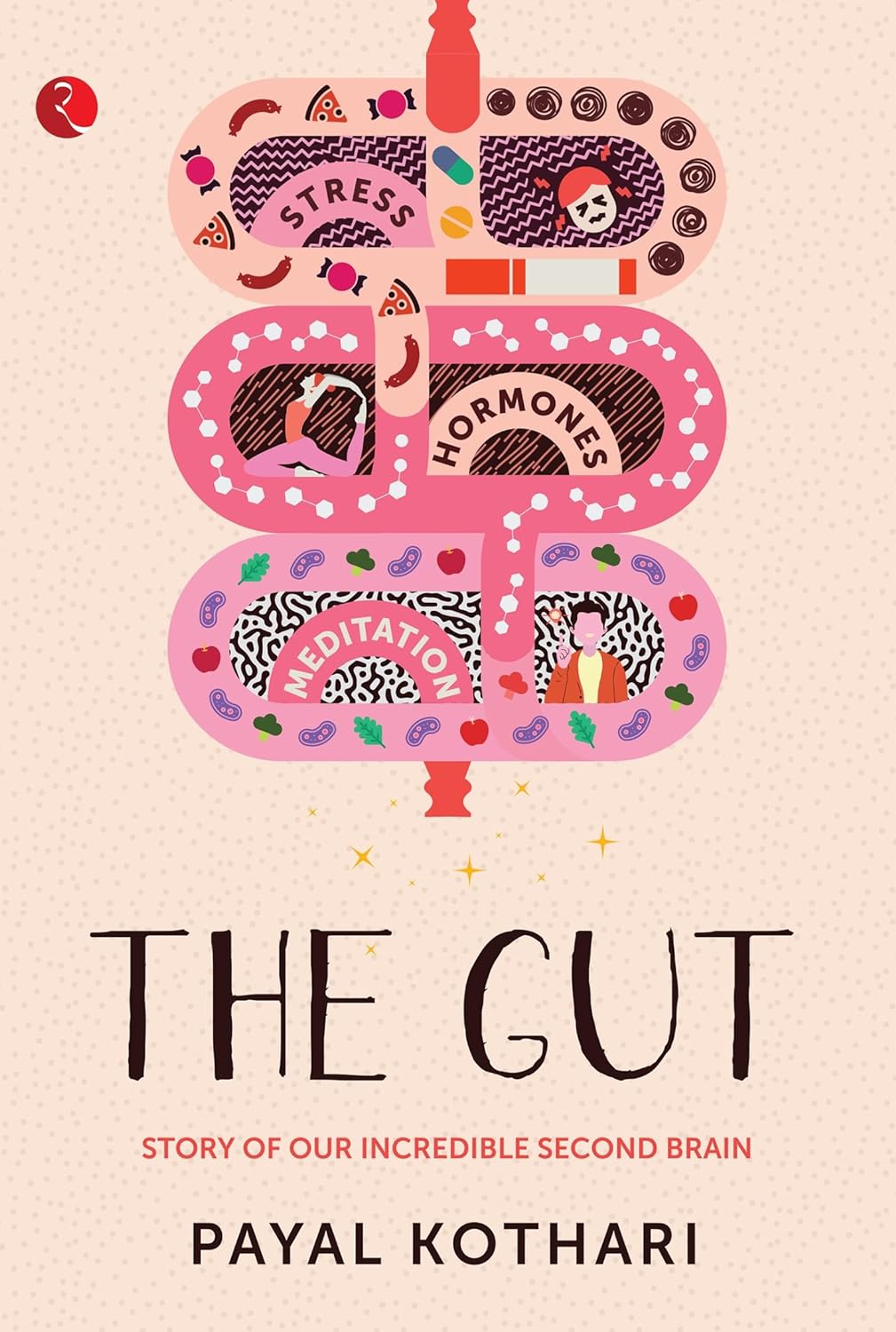In postpartum, you are the stable ground for your baby's nervous system to attune to. We must slow down to be fully present, matching baby's pace. Co-regulation allows a mother and baby to sync up, the mother sharing in the burdens and releasing the tensions of difficult emotions with her child while guiding the baby to a more centered place.
We have a responsibility here to fine tune our own nervous system, slow the f down, and truly presence ourselves. The nervous system is an intricate network in the body that either tells our body we are safe and can allow the body to rest, digest, and heal or it tells our body we are unsafe and therefor will not go into those aforementioned modes of restoration.
Some simple ways to regulate our own nervous system is through practices like yoga nidra, breathing techniques, and spending time in nature. When we slow down to the pace of the natural world and the rhythms of our baby, our nervous system can follow suit.
In a 2019 study at the University of Cambridge, it was shown that "mothers' and babies' brains can work together as a 'mega-network' by synchronizing brain waves when they interact. The level of connectivity of the brain waves varies according to the mom's emotional state: when mothers express more positive emotions their brain becomes much more strongly connected with their baby's brain. This may help the baby to learn and its brain to develop." The nervous system plays a key role in how we experience, process, and regulate our emotions. Your baby relies so much on you, it is the biggest sacrifice, the most consuming responsibility, and a total dichotomy of joy and grief. The ways in which we care for ourselves in those early days and weeks of postpartum truly does matter. Here's some ways that I believe postpartum care should look in order to best support baby.
- NOURISHMENT: The food a new mother eats provides critical nutrients that fuel nervous system recovery after the significant neuroendocrine changes of childbirth. An anti-inflammatory whole food diet rich in omega-3s establishes ideal gut flora to minimize anxiety and depression, while staying hydrated stabilizes mood swings. Careful attention to nutrition supports nervous system regulation, resilience to stress, and emotional balance as a new mother heals.
- REST: Carving out many long and uninterrupted hours for napping, sleeping deeply, and simply resting in bed establishes a peaceful sanctuary during early postpartum, providing the quiet foundation so integral for a new mother to reconnect to herself and bond profoundly with her baby as part of the emotional healing journey after birth. Slowing the pace to a snail's crawl in early postpartum serves a profound biological purpose of regulating nerves, processing surging hormones, recovering vital energy, and cultivating calm to support this emotional rebirth.
- MASSAGE: Gentle massage activates the parasympathetic nervous system by triggering the release of oxytocin and lowering stress hormones. Through safe supportive touch from a practitioner specially trained in postpartum care or her own intuitive self-massage, a new mother can soothe frayed nerves, promote deep relaxation, and support emotional equilibrium.
- YOGA NIDRA: This is a very simple and restful practice for the postpartum season. All you need is a bed and a pillow. You might like to use an eye covering or some pillows under the knees. I recommend bundling up in a sweater and socks with a cozy blanket before pushing play on the guided recording. This practice stabilizes the nervous system and refuels from the inside out.
- NATURE + SUNSHINE: Getting outside into nature with your new baby helps alleviate anxiety and postpartum depression, allowing new neural pathways of pleasure and connection to form through sights, sounds, and hormones released. Sunshine's vitamin D and plant phytochemicals reduce inflammatory cytokines, while negative ions and microbes from soil and plants all nourish vagus nerve tone and nervous system recovery.
You may need to hire or ask for help in order to receive nourishment, rest, and massage. Planning ahead is most certainly going to support your goals in this arena. If you had a more difficult birth, you may need even more support to regulate your nervous system. Trauma is stored somatically, in the body. When something traumatic happens, the nervous system can get "stuck" in a heightened fight-or-flight response even after the threat is gone. This can manifest physically as chronic tension or pain, fatigue, trouble sleeping, gastrointestinal symptoms, and a sense of disconnection from one's body or surroundings—the body literally holding on to the residue of past trauma that the mind struggles to let go of. You may seek out a perinatal therapist to better support you in this time. You are not something to be fixed, but someone to be nourished, supported, and loved. Remember that there is no perfect and all babies and mamas are different. Your intuition is your greatest guide.
In health,
Sydney






